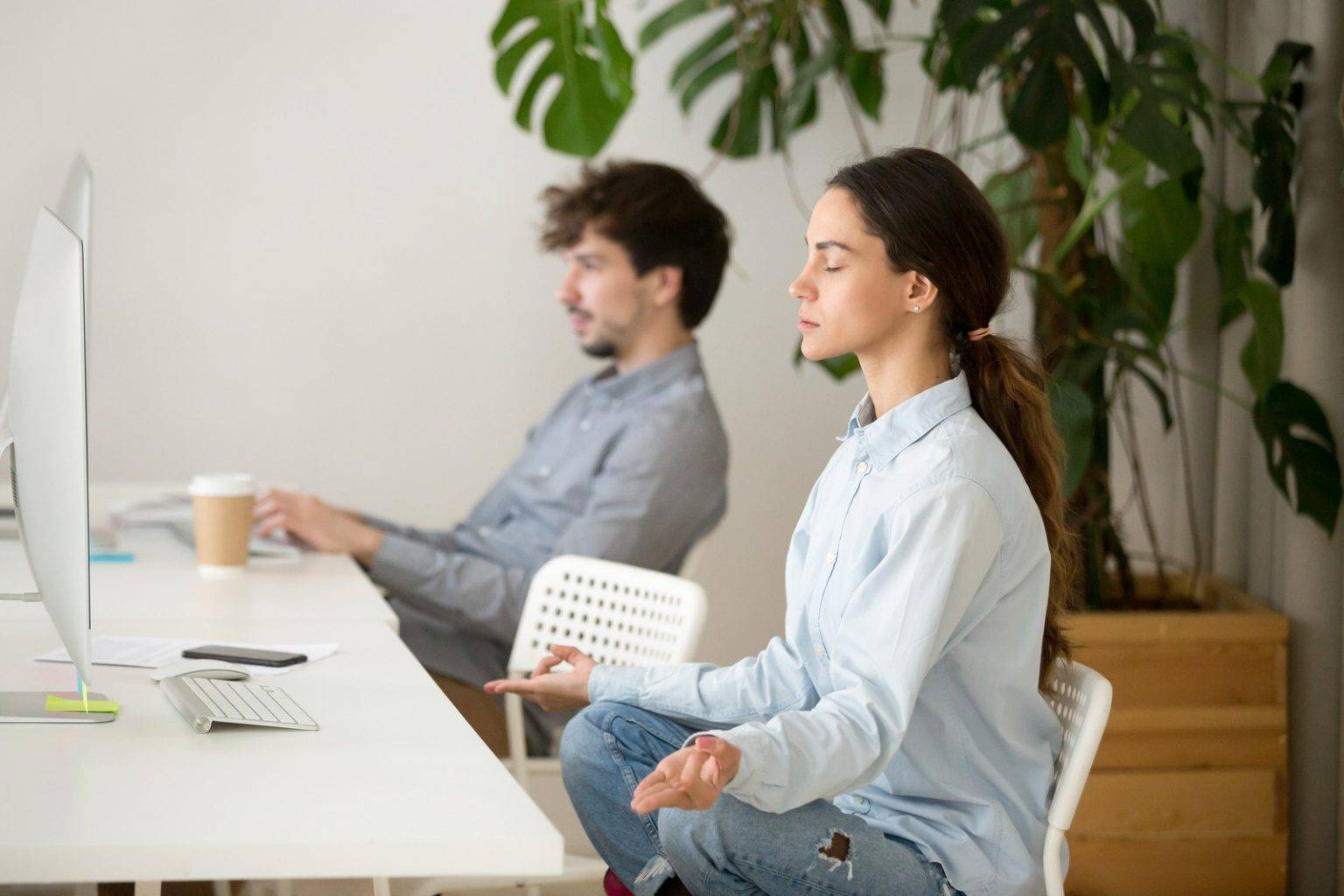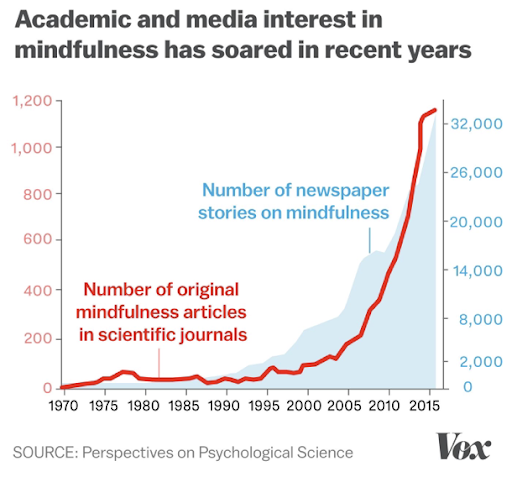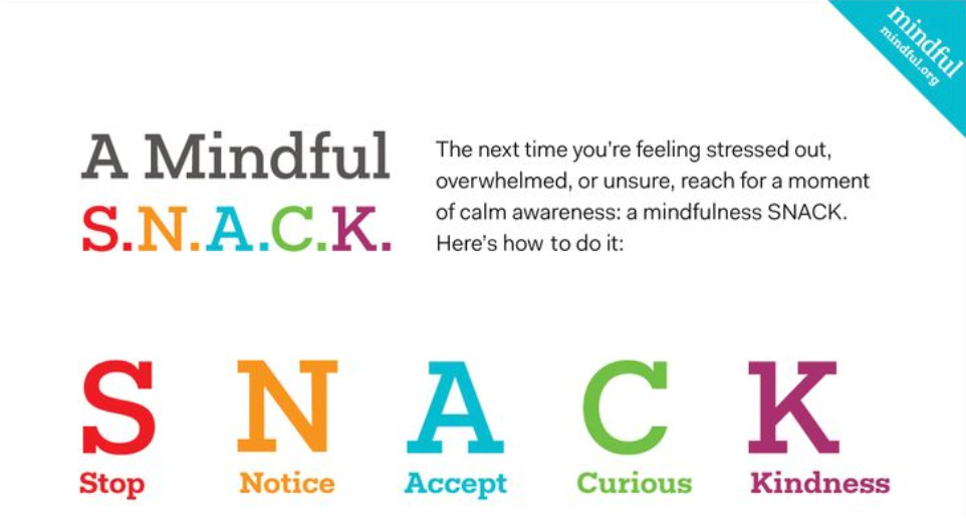Golden Nuggets of Mindfulness for Lifelong Learners

One journey: many pathways

Emma -BA (Hons) Health and Social Policy (part-time)
Mindfulness for Lifelong Learning undergraduate module
"I have recently taken a driving theory test at an examination centre. I found that my hands were shaking so much I could not use the computer properly. I took a moment, closed my eyes, recalled the breathing techniques I had been taught and managed to calm myself down and stopped shaking."
Watch a short welcome message from Dr Dean Howes
Welcome to this collaborative resource that is designed to help you to better navigate life and study as a lifelong learner. Here you will find information, testimonies and a set of golden nugget sayings and concepts that have emerged from experiences of learning and practising mindfulness on courses offered by the Centre for Lifelong Learning.
For my own PhD project I evaluated the impact of these courses and found that students made significant improvements in the 5 facets of mindfulness measured at the beginning (pre) and end (post). The graph below on the left shows these results.

Further quantitative and qualitative analysis also showed that students experienced a wide range of associated health, wellbeing and academic benefits too. The centre and right graphs above were provided by a student who was being monitored by their GP while completing the course and demonstrate the wider impacts that mindfulness can have.
These findings, and other sections of information presented here, are taken from my own PhD thesis publication. The full reference and location of this is:
Howes, D. (2019) Towards fidelity, integrity and authenticity: A critical reflection of an academic-oriented mindfulness-based programme. http://encore.lib.warwick.ac.uk/iii/encore/record/C__Rb3442289
At the bottom of each page there is a comments section. Please feel free to post any comments or questions and I will respond to you as soon as possible. Alternatively, please contact me at Dean.Howes@warwick.ac.uk.
I and the fellow collaboratorsLink opens in a new window on this project hope that you find this resource helpful and interesting. We wish you well on your journey of life.
How to use this resource
You can simply explore this resource in your own way at any time or follow one of the suggested learning plans found hereLink opens in a new window.
What is a golden nugget?
In this project, a golden nugget is a small but precious piece of wisdom and/or advice. The collaborators have identified 18 of these from their own experiences. These, and the information and resources presented here, will hopefully be useful for supporting your own journey as a lifelong learner and as an introduction to mindfulness.
Contents
1. An introduction to mindfulness and lifelong learning
2. More about mindfulness
3. The Golden Nuggets
4. Mindfulness in-the-moment techniques
5. Mindfulness meditations
6. Other useful resources
BA (Hons) Social Studies (full-time)
Mindfulness for Lifelong Learning undergraduate module student
"At the time I began practising mindfulness, I was suffering from anxiety due to some personal issues. I had been experiencing panic attacks which meant that I initially struggled with the breathing techniques. My brain had become accustomed to slowing down my breath at times of distress so to do it when I was not in a heightened state of anxiety caused me to feel as though I was being strangled. However, I persevered and began to practice at home before I went to sleep and when I woke up and the more I engaged in mindfulness practice, the easier and more ‘normal’ it became and I slowly felt that each time I practiced, the more of a mindful state I could reach. At times when I felt that I would have a panic attack, I would stop what I was doing and practice mindfulness and over time, I was able to control the anxieties during the day."
1. An introduction to mindfulness and lifelong learning
Mindfulness
When introducing mindfulness to new audiences, I often present it in terms of 3 aspects that seem to encapsulate the different meanings of the term. These are that mindfulness refers to 1) a state of being, 2) a set of practices and techniques, and/or 3) a field of research and application.
For Jon Kabat-Zinn, often referred to as the father of contemporary mindfulness, it is “...paying attention in a particular way: on purpose, in the present moment, and non-judgmentally” (Kabat-Zinn, 1994, p4).
Lifelong Learning
The term lifelong learning is often used synonymously with continuing education and adult education. In essence, these all refer to a person’s engagement with formal programmes of education beyond the conclusion of compulsory education (London, 2021).
For some, lifelong learning is not restricted to formal programmes and consists of any form of learning throughout the lifespan. For some, the journey is one of personal development through learning. For others, it may be part of professional development or further training. A person may often engage in lifelong learning to better their own situation, to equip themselves to help others or both.
Watch Jon Kabat-Zinn define mindfulness
Watch 12 habits of lifelong learners

Wai - BA (Hons) Social Studies (part-time)
Mindfulness for Lifelong Learning module
"Mindfulness has so many transferrable qualities that can be used for different settings. Focussing on the present has helped identify any underlying foundations that require restructuring in the aim for personal growth. Although our experiences shape who we are and may determine how we react to certain situations, mindfulness has been beneficial in making me more self-aware. I now recognise that there are alternative, better solutions and outcomes to stimuli. But more importantly, to be less reactive and more thoughtful to situations and considering context and with minimum bias."
2. More about mindfulness

Contemporary mindfulness
Mindfulness has had a rich, varied and contentious journey to becoming the contemporary field that it is today.

Research and evidence
There now exists an established and growing evidence-base for mindfulness from a range of research methodologies.

Issues and debates
Despite the growth of the evidence and applications of mindfulness, many contested issues and debates remain.

Gemma - BA (Hons) Social Studies (full-time)
Mindfulness for Lifelong Learning undergraduate module
"This had a direct impact on my ability to study as I was able to use mindfulness not only to control my anxieties but also by using mindful planning techniques, I was able to compartmentalise external factors that were having an impact on my studies as well as using the techniques on individual assignments."
The Qualities and Attitudes of mindfulness
These are the essence of a mindful experience and things we cultivate through mindfulness practices (both meditative and in-the-moment techniques). In contemporary mindfulness, we try to find more moments of these qualities and attitudes to bring more balance to our life.
1. Beginner's Mind - experiencing things in a fresh way
2. Non-Judging - focussing on process not outcome
3. Acceptance - allowing things to be as they are
4. Letting Go - not needing to control everything
5. Trust - in your ability to be in the moment
6. Patience - with yourself, others and processes
7. Non-Striving - not having restrictive goals
8. Gratitude - wherever we can find it
9. Generosity - as an expression of our being
3. The Golden Nugget sayings
Below are 18 golden nuggets of mindfulness for lifelong learners. Click here find out more about them and hear from the collaborators about their experiences.

1. Be at home in yourself and you'll be at home anywhere
2. Notice now
3. Notice in neutral
4. Notice novel distinctions
5. Notice the natural rhythm of being
6. Restful alertness
7. Have gentle curiosity
8. Have a beginner's mind
9. Give yourself permission to slow the mind, body and emotions
10. Find protected time
11. Our only limiter is ourselves
12. Our only distractor is ourselves
13. We are not our thoughts
14. Treat thoughts as visitors: let them come and let them go
15. Don't should on yourself and don't should on other people
16. It's OK to be busy
17. Be mindful even when you can't do mindfulness
18. Don't try to find the mindful state, but be open to it finding you

Dean - Mindfulness teacher
"These golden nugget sayings can help you before, during and after specific moments in your life. The experiences of the collaborators can be used to guide and to build awareness and confidence that, although we are all unique, we share a lot of our experiences and moments. You can also use the sayings as mantras or affirmations. However you use them, we hope that they illuminate your journey with mindfulness and life."
4. Mindfulness in-the-moment techniques
You can use these resources as standalone techniques or as part of longer meditations. Do try to practise them regularly in non-pressured situations to build capacity so that they will be useful for you in more pressured situations. You can download each audio file once you've clicked on them below.
Here and Now breathing (04:30)Link opens in a new window
5-4-3-2-1 technique (05:00)Link opens in a new window
Noticing Now (04:27)Link opens in a new window
Beginner's Mind (06:02)Link opens in a new window
Mindful eating (01:36 plus time to eat)Link opens in a new window
Mindful walking (01:12 plus time to walk)Link opens in a new window
There are also some good acronym techniques that can help in any given moment. Here's a few...




Gemma - BA (Hons) Social Studies (full-time)
Mindfulness for Lifelong Learning undergraduate module
"I no longer use mindfulness as a coping mechanism but instead, as a lifestyle whereby I consciously take time out of my day to dedicate to ‘here and now’ breathing. I take in my surroundings and I seek out more natural environments that are conducive with decluttering the mind. I have also taken time during meetings to pause and temporarily enter a mindful state to stop myself from becoming overwhelmed and this is a technique that I wish I had acquired sooner in my life, I know that I have not experienced it at its fullest potential so I will continue to work on this."
5. Mindfulness meditations
These are longer practices that lead to deep changes. Research shows that around 10 minutes of these per day creates positive neurological changes in the brain after 8-weeks. Students often notice changes in themselves after 1 or 2 weeks or regular practise. You can download each audio file once you've clicked on them below.
Breath and Body Scan (18:27)Link opens in a new window
Complete meditation with a period of background rainforest sound (35:10)Link opens in a new window
Complete meditation with no background sounds (35:10)

Michael - BA (Hons) Social Studies (full-time)
Mindfulness for Lifelong Learning undergraduate module
"My university grades improved when I chose to meditate before studying. I learned it is unwise to make decisions based on fear or worry because these had less desirable outcomes. It is better to find a calm inner space where I can think clearly and weigh up my options, including non-action, because whatever situation arises will also pass. This is why I now lean into discomfort and challenging times, because I know they are impermanent. I view them as opportunities to learn something new."
6. Other useful resources
Books and articles
There are a wealth of books and articles concerning mindfulness now. Here is a link to a Google Scholar search...
https://scholar.google.co.uk/scholar?as_ylo=2018&q=mindfulness&hl=en&as_sdt=0,5
There is also a dedicated journal for mindfulness that can be accessed at...
https://www.springer.com/journal/12671Link opens in a new window
Audio/Visual
Bangor University has an extensive library of audio recordings for a wide range of mindfulness practices...
https://www.bangor.ac.uk/mindfulness/audio/index.php.enLink opens in a new window
YouTube has a range of mindfulness practices...
https://www.youtube.com/results?search_query=mbsr+meditationLink opens in a new window for MBSR practices
YouTube also has videos giving information about mindfulness...
https://www.youtube.com/results?search_query=mindfulnessLink opens in a new window
Apps
There are also many good Apps available for mindfulness. Below is a good list and review of the top ones...
https://positivepsychology.com/mindfulness-apps/Link opens in a new window
Websites
NHS - https://www.nhs.uk/mental-health/self-help/tips-and-support/mindfulness/Link opens in a new window
Mindfulness UK - https://mindfulnessuk.com/Link opens in a new window
MBSR Yoga videos
Hatha yoga is included in most MBSR-based mindfulness programmes. Here are some links to guided videos if you would like to try these practices for yourself...
https://www.youtube.com/watch?v=M3MjEOvRu-o&t=141sLink opens in a new window
https://www.youtube.com/watch?v=_pYoDdUijY8Link opens in a new window
https://www.youtube.com/watch?v=PElmyy_kwN0&t=303sLink opens in a new window




